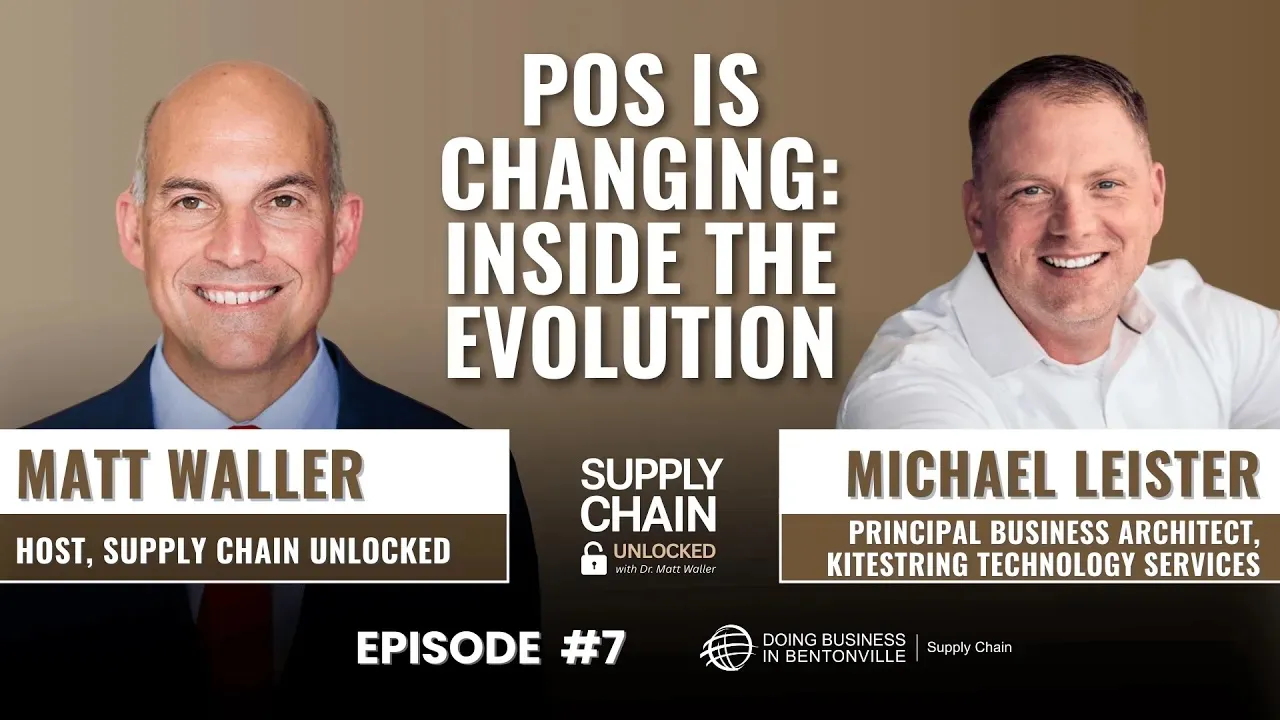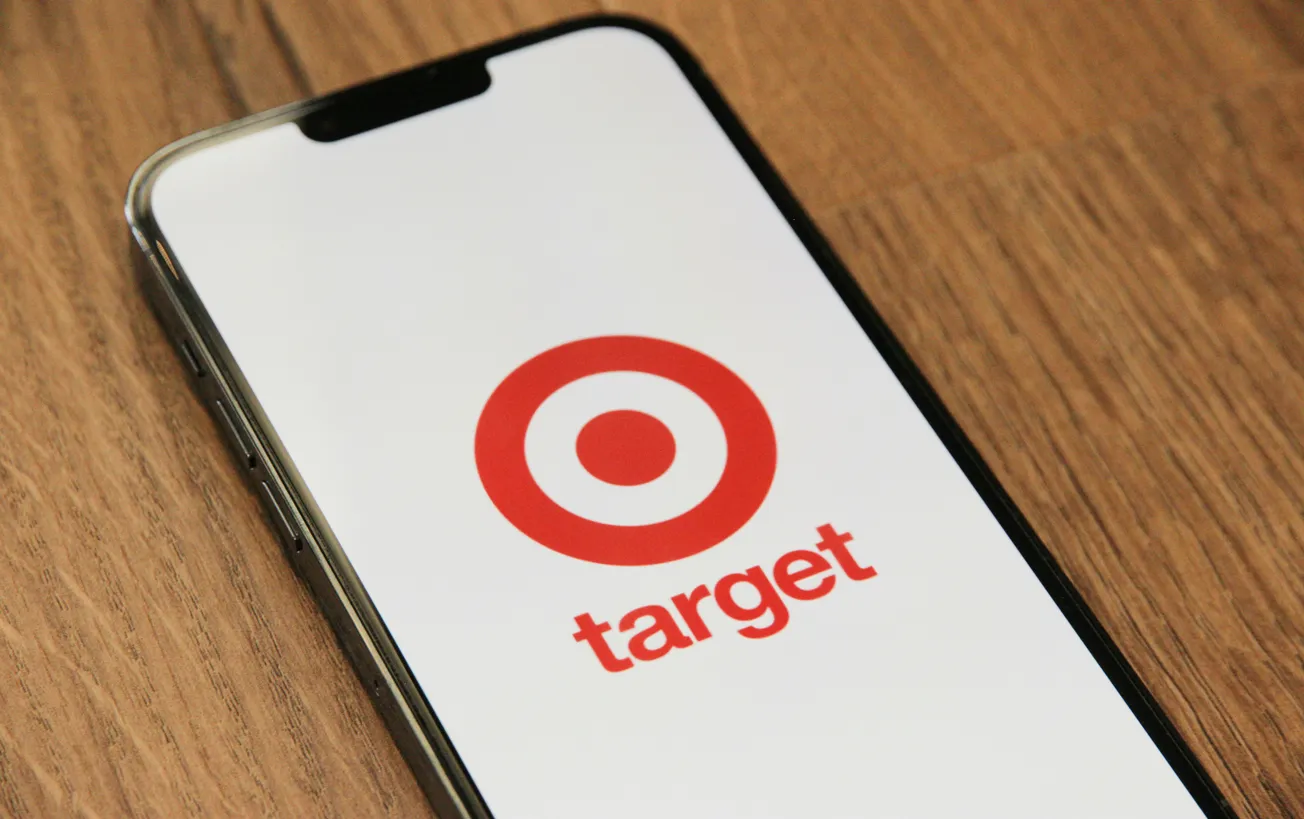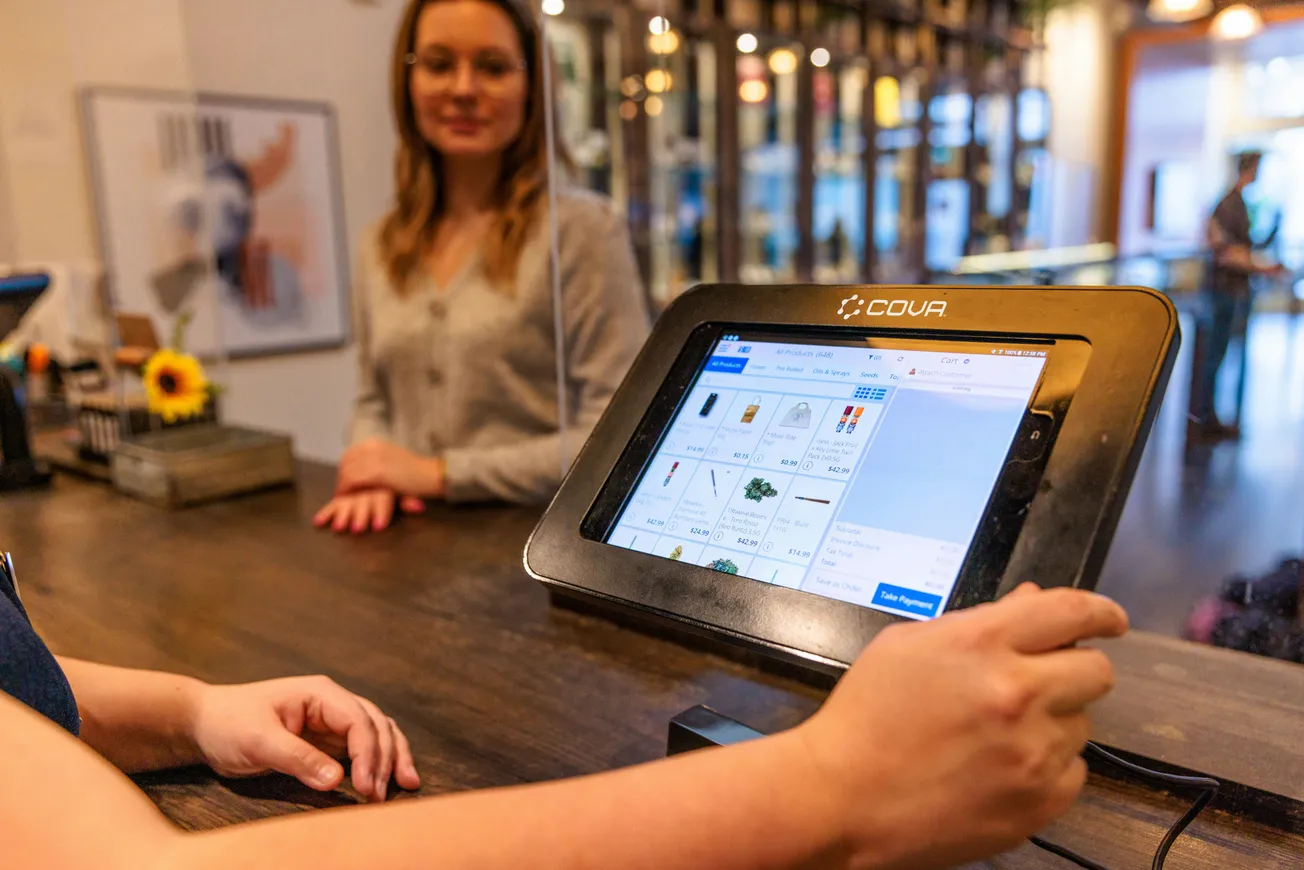In 2025, procurement leaders face mounting pressure to deliver more with fewer resources, and Generative AI (Gen AI) is emerging as the key enabler. Deloitte’s 2025 CPO Survey underscores how Chief Procurement Officers (CPOs) are adopting advanced digital tools to reshape procurement strategies and elevate their roles within organizations.
Michael V. (MVK), a procurement evangelist, and Ryan Flynn, Principal at Deloitte Consulting, pointed to AI as the catalyst moving professionals away from repetitive, tactical work. Instead, procurement teams are now positioned to focus on higher-value contributions such as supplier collaboration, innovation and risk management.
The Rise of Agentic AI
Gen AI and its next evolution, agentic AI, are changing procurement workflows. Unlike traditional automation, these tools can generate contracts, analyze spend data, flag fraud risks and interact seamlessly across multiple systems. This ability to act as a digital co-worker enables faster, more informed decision-making in complex global supply chains.
Skills Gap Widens
Despite enthusiasm for AI, the 2025 survey revealed a persistent skills gap. Many CPOs acknowledge their teams struggle to fully realize digital strategies.
To close this gap, organizations are prioritizing digital literacy, data interpretation, consulting and soft skills. MVK compares today’s adoption of AI to Excel’s early days, initially disruptive but ultimately indispensable.
Adopting AI in 2025
A “crawl, walk, run” approach remains the preferred path. Leaders are piloting Gen AI with targeted use cases such as spend analytics and contract management, then expanding adoption.
Partnerships with software providers – who increasingly embed Gen AI directly into platforms – are accelerating implementation and lowering barriers to entry.
Procurement’s Strategic Evolution
In 2025, procurement is no longer defined solely by cost savings. With AI, professionals are expected to add enterprise-wide value, from fostering supplier innovation to advancing sustainability initiatives.
The future of procurement lies in combining technological adoption with team upskilling and a willingness to embrace transformation’s inherent complexity.









